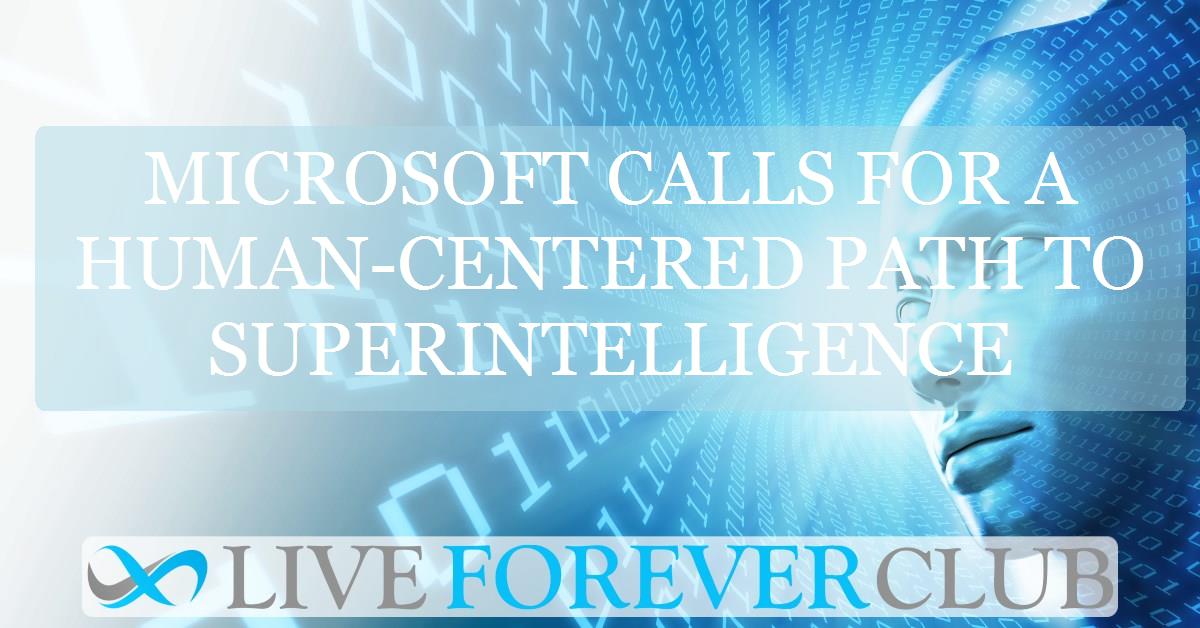Key points from article :
In this long-form piece, Mustafa Suleyman, head of Microsoft AI, argues that the world’s most urgent question is not when superintelligent AI will arrive, but what kind of superintelligence humanity should build. Although recent advances have pushed AI beyond long-standing milestones—such as models that can reason, plan, and perform far above human level—Suleyman warns that raw capability is not the right north star. Instead, he calls for Humanist Superintelligence (HSI): extremely advanced but deliberately constrained AI systems designed from the start to serve human needs, remain controllable, and avoid the autonomy that fuels major safety risks.
Suleyman outlines Microsoft’s creation of the MAI Superintelligence Team, whose goal is to build state-of-the-art systems while keeping humans firmly in charge. He rejects the “race to AGI” narrative and argues that AI advancement should be seen as part of a broader human project to improve quality of life, raise global prosperity, accelerate science, and create clean energy. A core belief is that domain-specific superintelligence—such as medical diagnosis systems—is both safer and more practically useful than building a single, open-ended entity capable of surpassing humans at everything.
A major concern raised in the article is containment: if autonomous self-improving AI is ever built, humanity would need to align and control it continuously, across every lab and every country, forever—a challenge for which no adequate solution currently exists. For Suleyman, this makes a “humanist” path necessary: advanced AI that is powerful but bounded, optimized for societal benefit, and governed by transparent norms, oversight, and global coordination.
The article highlights three domains where HSI could be transformative: personal AI companions for productivity and education; medical superintelligence, with recent internal results showing 85% accuracy on New England Journal of Medicine diagnostic challenges; and breakthroughs in abundant clean energy, supported by AI-driven scientific discovery. For Suleyman, this approach offers a way to reap the enormous potential of AI while preventing the catastrophic risks associated with unrestrained superintelligence.

-thumbnail-AC.jpg)


